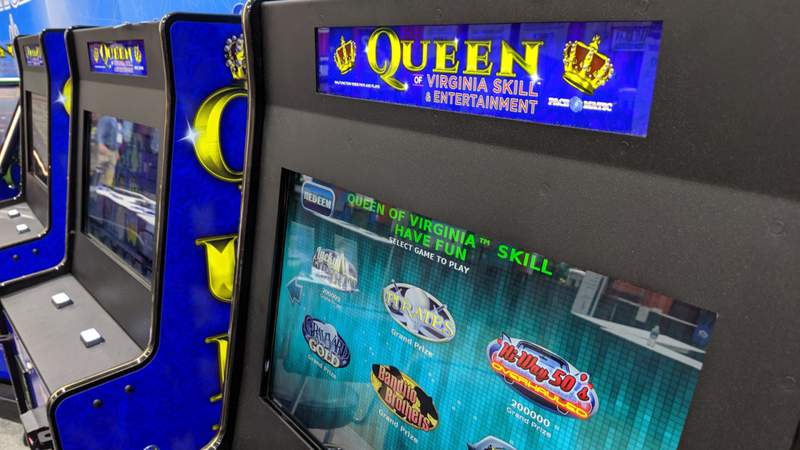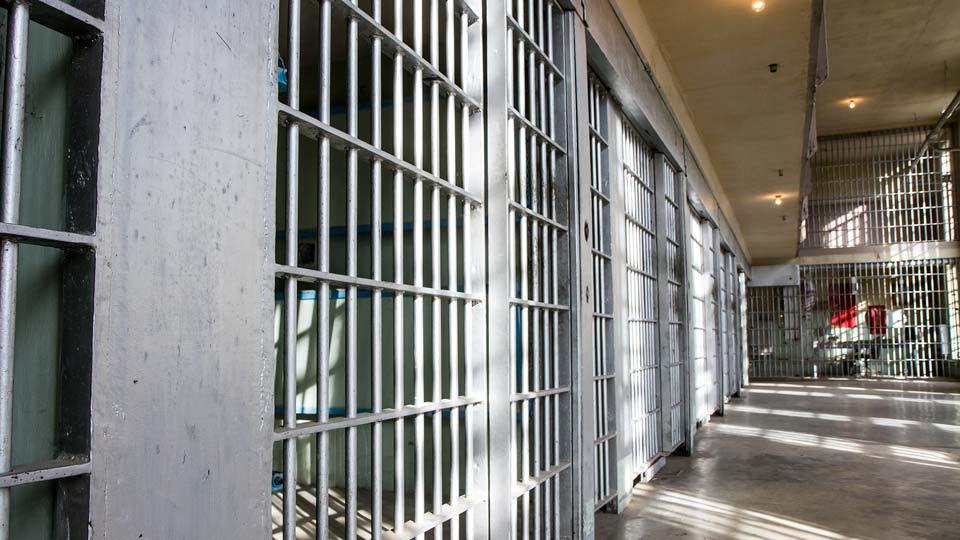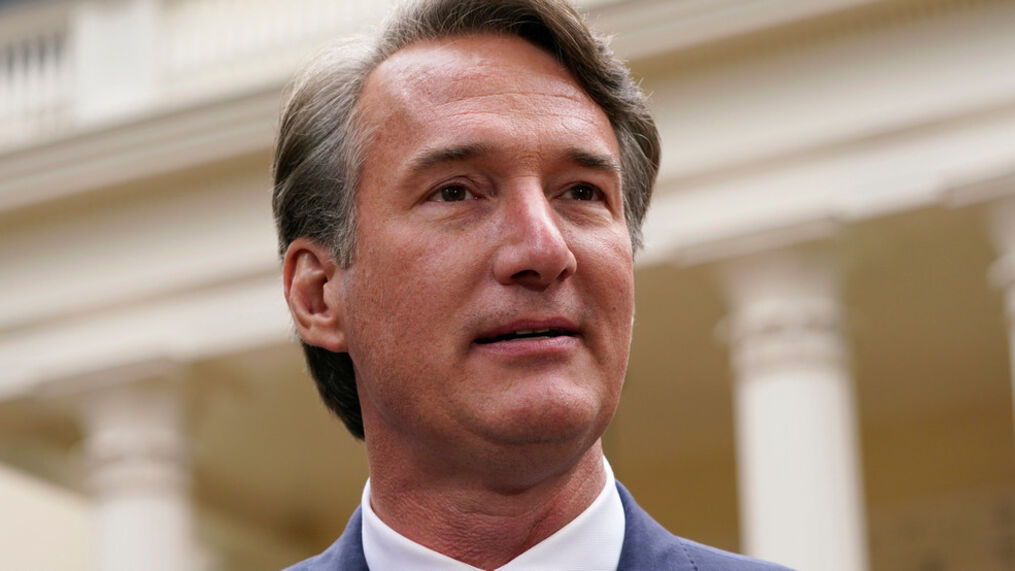With Skill Games Ban in Effect, Black and Brown-Owned Businesses Push Back
On July 1, a ban on electronic skill games went into effect in Virginia, garnering a firm response from various small business owners across the commonwealth who are pushing back against the ban. Yesterday, a judge heard arguments regarding such skill games after a group of six business owners in Norfolk and Virginia Beach sued the state of Virginia, alleging that such a ban on skill-based games is a form of racism and a violation of the Virginia Human Rights Act. Similarly, the Asian American Business Owners Association, based in Roanoke, filed an 18-page complaint with Attorney General Mark Herring, asking his office to investigate the ban.
While state legislators have approved the construction of five casinos throughout Virginia and other forms of gambling such as horse betting, business owners of color are being singled out by the ban on skill games.
“In recent years, gaming has been embraced by the commonwealth when it is enjoyed by the privileged in fancy casinos or by children in ‘family entertainment centers,’” the complaint states according to the Richmond Times-Dispatch. “But that very same activity is not acceptable when offered by Asian American owned convenience stores or enjoyed by minority or marginalized populations.”
Critics of the ban have also honed in on public comments from Senate Minority Leader, Tommy Norment (R-James City), who referred to legislative efforts to maintain skill games as “the Ali Baba bill.” Attorney Mike Joynes, one of the lawyers representing the business owners in the lawsuit, noted that “Ali Baba” has long been used as a racist, derogatory term toward South Asian and Middle Eastern people.
“We already know convenience store customers are often ethnic minorities,” Joynes told Wavy News 10 on Wednesday.
Similarly, State Senator Joe Morrissey (D-Richmond) stated in a speech on the Senate floor that the ban discriminates against small business owners, particularly those of Indian, Pakistani, Yemeni and African-American descent.
“Richmond businesses are built on Black-owned and Asian-owned businesses,” Dean Alshami, a Yemeni community leader in the state capital city, told the Richmond Times-Dispatch. “And we should be protected by the law, not be the first people targeted by the law and by the people we elected to be our representatives in the state.”
The machines are prominent in gas stations, convenience stores and restaurants. They’re also known as “gray area” machines due to the gray area of Virginia law that they operate under. Although they function similar to slot machines, operators claim the games require skill due to key differences. For many years, they largely went unregulated by the state. When Virginia lawmakers voted to ban the games last year, Northam cut a deal with them to delay the ban in favor of a $1,200 monthly tax, a majority of which went toward the COVID-19 Relief Fund.
Since the amendment to ban the machines was added to a bill passed by Virginia lawmakers last spring, Black and Brown-owned businesses have questioned its motivations. From the start of the coronavirus pandemic, many of these businesses have relied on the revenue generated by these machines to keep themselves afloat. The tax on skill games has also generated $74 million this past year alone.
Later today, a Norfolk Circuit Court judge will make a decision regarding the lawsuit against the Commonwealth of Virginia. Until then, the attorneys representing the business owners have advised them to keep their skill games in place, but unplugged from use.




